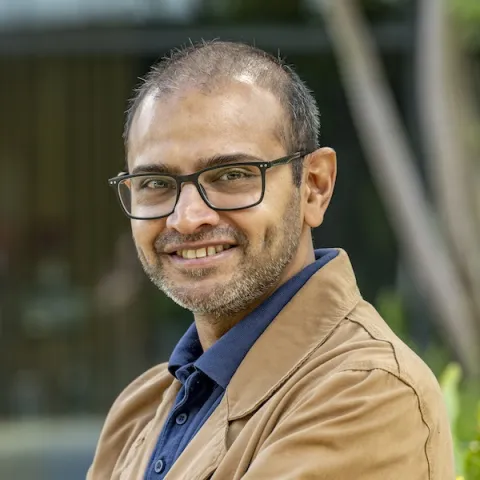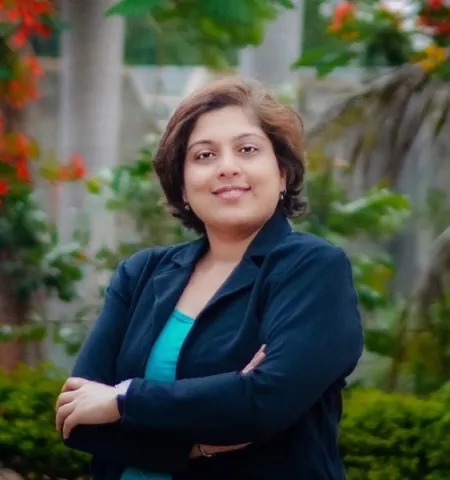About the project
Aircraft engines are the primary source of noise during take-off and landing. To mitigate this noise, modern engines are built with porous liners that consist of a honeycomb core sandwiched between a solid plate at the bottom and a perforated sheet at the top that is exposed to the flow.
The sound attenuation depends on the porosity, which is controlled by changing the perforations at the top and its alignment and orientation with the honeycomb structure under it. Although the sound attenuation mechanism is well examined, the aerodynamic penalty of using different types of liners is largely unknown. In fact, previous works suggest that the liners behave similarly to surface roughness and aerodynamic drag increases between 2% and 500% depending on the type of liner.
We currently lack fundamental understanding and the predictive capability for aerodynamic drag over liners primarily because we are unable to access the near-surface information where there is interaction between flow within the substrate and the boundary layer over it.
In this experimental project, we aim to use the refractive-index-matched facility to simultaneously measure the flow within the liner and the boundary layer over it. The goal is to carry out advanced 3D diagnostics to capture detailed flow information, gain new physical insights and use it to develop new predictive models for aerodynamic drag as well as other quantities.
We aim to build a diverse and inclusive team to tackle challenging problems where we develop new skills and expertise in our team members. Therefore, the project will be open-ended, and the details will be tailored to suit you.
You'll have a unique opportunity to:
- work alongside other team members (PhD students and postdoctoral researchers) with different backgrounds and experience
- be trained in using diagnostics and advanced data-analysis methods that will enable you to pursue a career in academia or industry
- travel to international conferences to present your work and develop new collaborations with research groups around the world
Find out more information on the type of projects carried out in our lab as well as information on current lab members.

